I have a service which is binded to application context like this:
getApplicationContext().bindService(
new Intent(this, ServiceUI.class),
serviceConnection,
Context.BIND_AUTO_CREATE
);
protected void onDestroy() {
super.onDestroy();
getApplicationContext().unbindService(serviceConnection);
}
For some reason, only sometimes the application context does not bind properly (I can't fix that part), however in onDestroy() I do unbindservice which throws an error
java.lang.IllegalArgumentException: Service not registered: tools.cdevice.Devices$mainServiceConnection.
My question is: Is there a way to call unbindservice safely or check if it is already bound to a service before unbinding it?
Thanks in advance.
